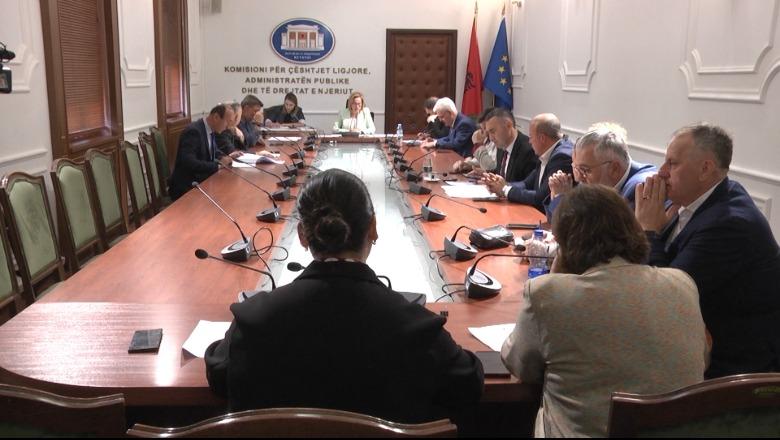Parliamentary commissions reconvene after May 11 elections amid renewed political clashes

Albania’s parliamentary commissions resumed work for the first time since the May 11 elections, immediately reigniting partisan clashes between the ruling Socialists and the Democratic Party opposition.
Why this is important: The session confirmed that the post-election political divide remains raw. Democrats continued to reject the legitimacy of the May 11 vote, calling it a “farce,” while Socialists accused them of refusing to accept electoral reality and urged them to conduct internal reflection instead of disrupting parliamentary work.
Context: Although international institutions—including the OSCE/ODIHR, the EU, and the U.S. Embassy in Tirana—have recognized the May 11 elections as legitimate, Democratic Party officials continue to challenge the outcome. They claim the ruling Socialist Party abused state resources and intimidated public sector employees to secure victory.
Opposition leader Sali Berisha has launched efforts to internationalize the party’s stance, lobbying foreign allies to denounce the elections. Over the weekend, a Democratic delegation at a global center-right assembly in Côte d’Ivoire succeeded in passing a resolution condemning Albania’s elections as undemocratic.
The resolution calls on the European Union to condition Albania’s EU accession progress on concrete democratic and electoral reforms. It also warns that the alleged authoritarian consolidation and criminal influence in Albanian politics pose risks to both internal democracy and regional stability.
Berisha defended the resolution, claiming it was not an attempt to block EU integration but rather a “contribution to Albania’s European path” by exposing the “bitter truths.”
What happened: During a heated session of the European Affairs Commission, Democratic MP Jorida Tabaku clashed with Minister of Parliamentary Affairs Taulant Balla. The dispute centered on the Democratic Party’s request for the EU to link Albania’s negotiation progress with electoral reform, a move the Socialists see as undermining national interests for partisan gain.
What’s next: Parliamentary commissions will now enter a tight legislative window ahead of the summer break, but the atmosphere remains charged. With Berisha continuing to push his narrative abroad, further clashes in parliamentary bodies are likely as the political season winds down.


